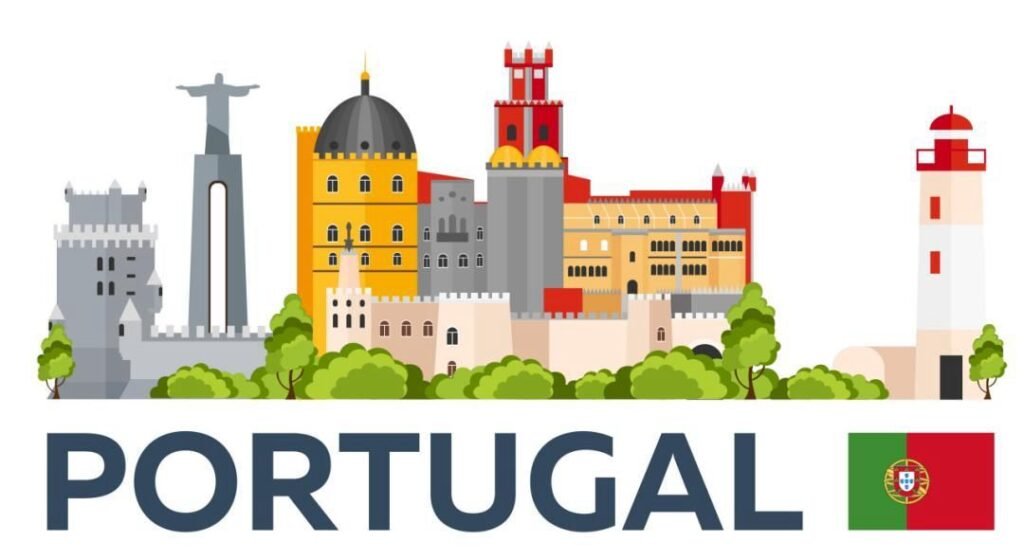Study in Portugal
1. Higher Education System in Portugal
Higher education in Portugal consists of two types of institutions:
-
Universities (Universidades):
Focus on academic and research-based education. -
Polytechnic Institutes (Institutos Politécnicos):
Offer applied and vocational education with a strong focus on the job market.
Portuguese universities offer Bachelor’s degrees (Licenciatura), Master’s degrees (Mestrado), and Doctorates (Doutoramento). Polytechnic institutes provide similar degrees but with more practical application.
2. Top Universities in Portugal
Some of the most renowned and high-quality universities in Portugal include:
-
University of Lisbon (Universidade de Lisboa) – The largest and most important university in the country.
-
University of Porto (Universidade do Porto) – Known for its high-quality research.
-
University of Coimbra (Universidade de Coimbra) – One of the oldest universities in Europe, and a UNESCO World Heritage Site.
-
NOVA University Lisbon – Focuses on research and innovation.
3. Language of Instruction
Most programs are taught in Portuguese, so international students are encouraged to learn the language beforehand or enroll in language courses.
However, an increasing number of programs are being offered in English, especially in fields like Business Administration, Engineering, and Social Sciences.
4. Tuition and Living Costs
-
Tuition fees:
Range between €1,000 and €7,000 per year for bachelor’s and master’s programs, and €3,000 to €10,000 for doctoral programs. -
Living costs:
Range from €600 to €1,200 per month, covering rent, food, and transportation. Major cities like Lisbon and Porto tend to be more expensive than smaller towns.
5. Scholarships
-
The Portuguese government offers scholarships for international students through institutions like the Foundation for Science and Technology (FCT).
-
Universities also provide scholarships to high-achieving students or those with limited financial means.
-
Students can also apply for European scholarships like Erasmus+.
6. Student Visa and Residency
-
Non-EU students need to apply for a student visa, which is issued through Portuguese embassies.
-
Visa requirements include proof of university admission, financial means to support living expenses, and health insurance.
-
After arrival, students must register their residency with the Portuguese Immigration and Borders Service (SEF).
7. Working While Studying
-
International students are allowed to work up to 20 hours per week during the academic term and full-time during holidays.
-
Major cities offer job opportunities in hospitality, education, and services.
8. Student Life and Culture
-
Portugal is a vibrant country with a rich culture, mild climate, and beautiful beaches.
-
International students benefit from a welcoming environment and lower living costs compared to other European countries.
-
Universities organize student activities, trips, and international exchange programs.
Conclusion
- Portugal is an excellent choice for international students due to the quality of education, affordable living costs, and pleasant climate.
However, learning Portuguese is highly recommended to enhance both academic and professional opportunities.


 العربية
العربية Türkçe
Türkçe









